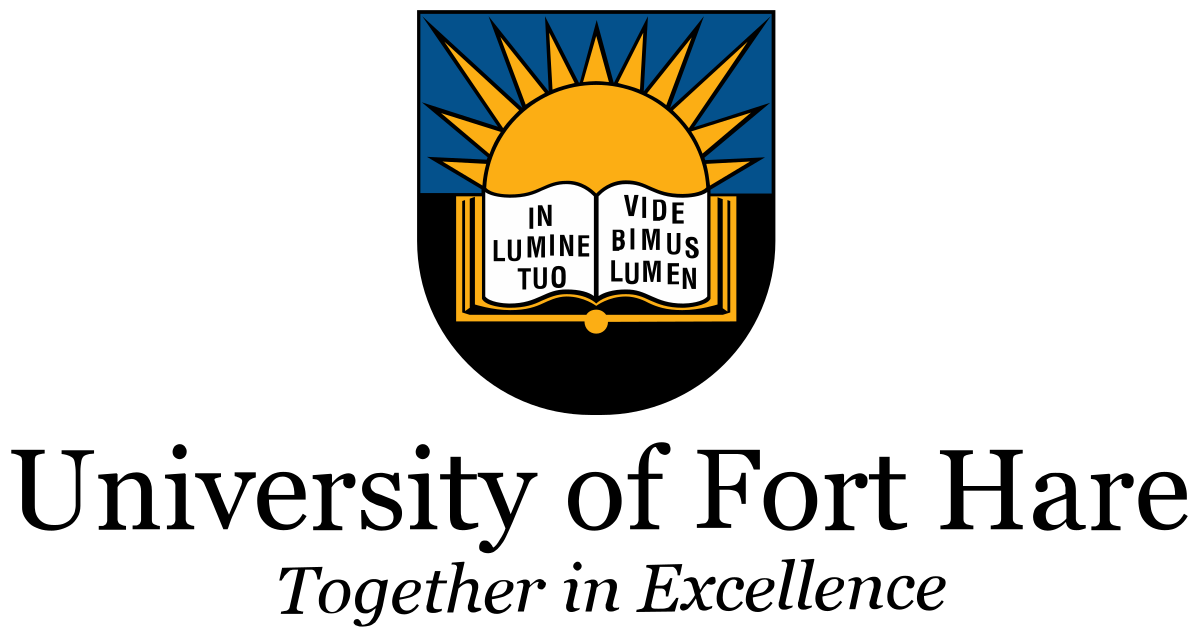| Jump to: Research · Project Team · Partners · Funder |

Essential natural resources such as water, arable land and biodiversity assets are being overused and degraded in many parts of the world, necessitating the move towards an integrated approach to natural resource management (e.g., Rockström et al., 2009; Vorosmarty et al., 2010; Cole, 2014).
The Water-Energy-Food (WEF) nexus is a framework that captures the inter-relations, synergies and trade-offs between the demand on water, energy and food, in the context of the emerging constraints of sustainable development in particular regions or systems (Scott et al., 2015). Nexus thinking is based on a systems approach and often uses the socio-ecological system as a primary point of reference. The WEF nexus is argued to be valuable for understanding complex systems, and for decision making to achieve macro-scale sustainable development. However, the ultimate measure of success for achieving sustainable development is measured at a different scale, namely, the improved livelihoods and wellbeing of individuals and households.
So far, nexus research has remained weak in identifying how the nexus is interlinked with livelihoods (Biggs et al., 2015). In the South African context, a deeper understanding is needed of how the nexus framework can assist in building livelihood resilience across the socio-economic spectrum, and in shifting towards a sustainable economy.
This project aims to fill the identified knowledge gap, by exploring how the nexus plays out in affecting local livelihoods and wellbeing, and how this understanding can support more equitable sustainable development outcomes at the household level.
Research
-
Systematic interrogation and integration of the existing Nexus and sustainable livelihoods literature;
-
Empirical research on the nexus at the household scale in three catchments in different provinces in South Africa, identifying household resource insecurities and the effects thereof on livelihoods;
-
Analysis of the governance arrangements and decisions made at various higher levels that lead to the current local scale nexus situations and trade-offs. Identification of key opportunities for employing local solutions to relieve nexus stress and thus improve livelihoods.
Sites
-
Berg River catchment in the Western Cape
-
Amathole River catchment in the Eastern Cape
-
uMgeni River catchment in KwaZulu Natal
Approach
-
Systems thinking: analysis of cross-scale interactions
-
Transdisciplinary research and engaged scholarship: including youth training & community empowerment
Project period
April 2017 to March 2020
Project team

|

|

|

|
|
|
|
|
|
For more information please contact Nadine Methner at nadine.methner@uct.ac.za or 021 650 5598.
Partners
Funder
The project is funded by the Water Research Commission and forms part of the WRC Water-Energy-Food Security Lighthouse program.
